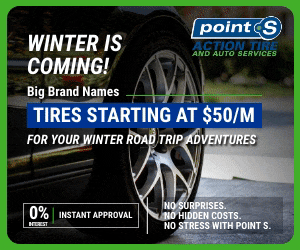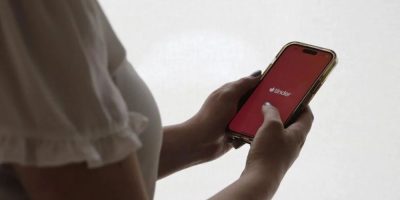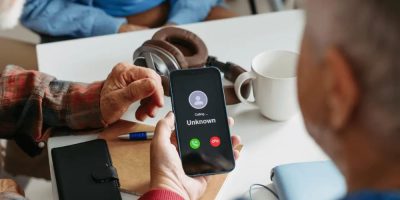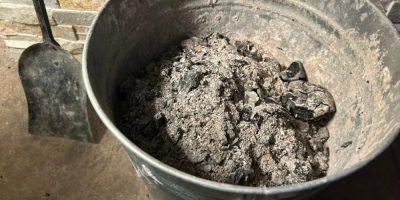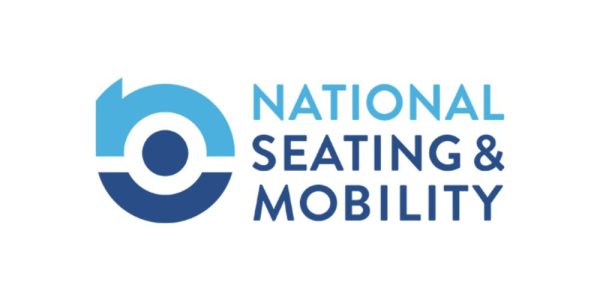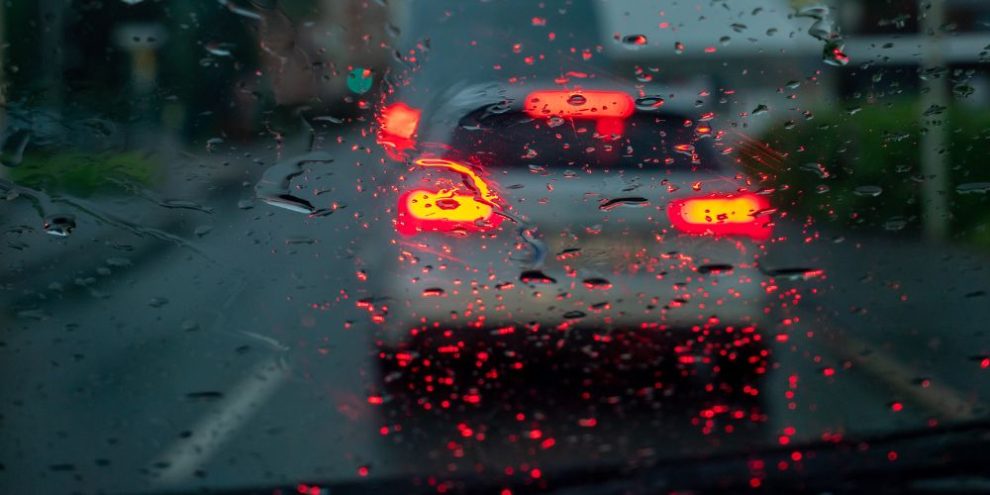
This Barrie 360 content is brought to you by Point S Action Tire
Losing control of your braking system is the last thing you want when heading out for a drive. But sometimes, we forget that our brakes can wear out over time and need regular replacement, like oil, batteries and tires.
But there are some sure signs that it’s time to get your brakes looked at.
7 Signs You Need A Brake Service
Here are 7 of the most common ways to tell you need a brake service …
1. Hear Noises When You Brake
There are three main brake components that wear out regularly – rotors, calipers and pads. Rotors are large disks that connect to each wheel. When you compress the gas pedal, your calipers squeeze brake pads against the rotors. This creates friction that slows your car down.
All these components need to be in good condition for smooth braking. If you hear squeaking or squealing when you brake, it may be time to replace your brake pads.
You see, many brake pads have built-in acoustic wear indicators. When the pad wears down to the indicator, it makes an unpleasant sound so you know you need a brake service.
There are other reasons you may hear squeaking or squealing when you break, such as a small rock stuck between the pads and rotors. But even in situations like these, you’ll want to get your brakes looked at to solve the issue. That way, you can feel confident your brakes will work as they should when you need them.
If you hear a grinding noise, you have waited longer than you should have to get a brake service. Continuing to use the brakes when there’s a grinding sound could further damage your rotors or calipers
Another sound that some drivers will hear when they brake is a click or rattle. This sound is less common but if you hear it, chances are your brake pads may be loose. This is usually because there is damage to the hardware that keeps the pad in place and you need to replace it.
2. Feel Shaking When You Brake
If your brake pedal or steering wheel shakes, vibrates or pulses when you brake, the surface of your rotors may be uneven. This pulsing is not only uncomfortable but can reduce the effectiveness of your brakes .
Your vehicle may shake when braking for many issues including:
- Warped rotor from regularly braking too hard or for too long
- Damage to your rotor damage
- Binding resins from brake pads distributing unevenly on rotors
- Malfunctioning calipers
- Brake pads that haven’t been properly broken in
3. Burning Smell When You Brake
If you smell something burning when you brake, pull over as soon as possible and take a look around.
The first thing you want to check is your parking brake. If it is on, turn it off, give your brakes a chance to cool down and then try driving again. The smell should go away if it was your parking brake.
If your parking brake wasn’t on, the next thing you want to check is your wheels. If you see smoke coming from a wheel, don’t keep driving. It’s more than likely your brake caliper is stuck, which can be very dangerous.
If neither of these appear to be the issue, there’s a good chance your brakes may be overheating. Don’t keep driving - you could cause the brake fluid to boil, which can lead to brake failure. Instead, call you mechanic and schedule a brake service.
4. Brake Lights Are On
Many modern vehicles have built-in brake warning lights.
While the locations of the brake warning lights varies from vehicle to vehicle, the symbols are usually the same.
The first symbol is a circle with an exclamation mark in the middle and rounded brackets on the outside. This light means there’s something wrong with your brake system. This light will often blink or change colour if this is severe. But this will depend on your vehicle. To know what your brake warning light does when you have an issue, take a look at your owners manual.
There are many reasons your brake light may be on:
- Low brake fluid
- Brake fluid leak
- Brake pads are worn
- Sensor failures
- Brake circuits failed
- Parking brake is engaged
Some problems may be more obvious, such as a brake light accompanied by the wear indicator squealing. Others may be more complicated. Whatever the cause, if your brake warning light comes on, you should always take it seriously.
The second symbol is “ABS” inside of a circle, with rounded brackets on the outside. ABS is your Anti-locking Brake System. This is a safety feature that stops your wheels from locking during an emergency stop. When you stop urgently, the brakes pulse, which you’ll be able to feel in your pedal. You’ve most likely felt your ABS system come on in the winter on icy roads.
If the ABS light comes on, there is an issue with your ABS system. If it is flashing or changes colour, the issue is more severe. However, in most cases, you can continue to drive when your ABS comes on as it isn’t your main braking system. If you feel safe doing so, you can carefully make your way to a repair center.
You will have to be especially careful or wait until the weather clears to drive to your mechanic if it is wet or rainy. If you also hear unusual sounds or multiple brake lights are on, it's best to pull over.
5. Takes Longer To Stop
There’s a problem that can occur with your braking system called brake fade. Brake fade is the result of excessive heat build up in the brake systems. The hotter the brake system is the harder it will be to generate friction needed to stop. When this happens, you have to push the brake pedal farther down for longer than normal to stop.
While brakes can handle high levels of heat, there are some actions that cause excessive heat build-up. This includes:
- Aggressive driving
- Regular braking downhill
- Overloading your vehicle
- Keeping your foot on the brake in stop and go traffic
Another common reason for brake fade is moisture in your brake fluid.
Most modern cars use hydraulic braking, which requires brake fluid to amplify the force of your foot on the brakes. This makes it easier for you to stop the car.
The problem is that brake fluid attracts moisture. Overtime, this moisture can build up and boil from all the friction. This can cause brake fade or more serious issues.
If you’re experiencing brake fade, generally all that’s needed is a brake fluid flush. A brake flush is when all the brake fluid is replaced.
6. Brake Pedal Feels Spongy
When you push on your brake pedal normally feels firm. If you notice that it feels soft/spongy there could be a problem. A soft or spongy brake pedal will be easy to push down. You may even have to push the pedal all the way to the floor to activate the brakes.
A spongy brake pedal is another sign that there is moisture in your brake fluid. But it could also mean that there’s air in your brake fluid.
Like moisture in your brakes, air in brakes can usually be fixed by flushing your brake system. It may even be as easy as bleeding the brakes. This involves manually pumping fluid through the brake lines to push out the air.
A spongy or soft pedal could also be a sign of a more serious problem. This includes issues with the master cylinder.
RELATED: Don't forget to get a brake service before heading out on your next road trip ...
7. Car Pulls To One Side When You Brake
Normally brake pads on the same axle (either the front or back) wear out at a similar rate. However, there are various reasons that one pad can wear out quicker than the other, making the pads uneven. When this happens, it may cause your car to pull to the left or right when you brake.
If left unchecked, this pulling can cause issues with your steering rack, ball joints, wheel bearings and more.
Other reasons your car may pull when you brake include:
- Malfunctioning calipers
- Collapsed brake hose
- Bad wheel bearing
- Uneven tire pressure
- Low brake fluid
- Using different brands/types of brake pads on each wheel
What To Do When There Is A Problem With Your Brakes
No matter the symptom, you should never wait to get your brakes checked. Most of the time the issue is small and can be repaired quickly. But in more serious situations, a delay could cause major problems including further damage or even an accident.
In some situations, you may be able to diagnose the issue yourself, such as when the parking brake is left on. But most of the time, it's best to get a brake service. That way you can make sure you, your family and the community stay safe.
